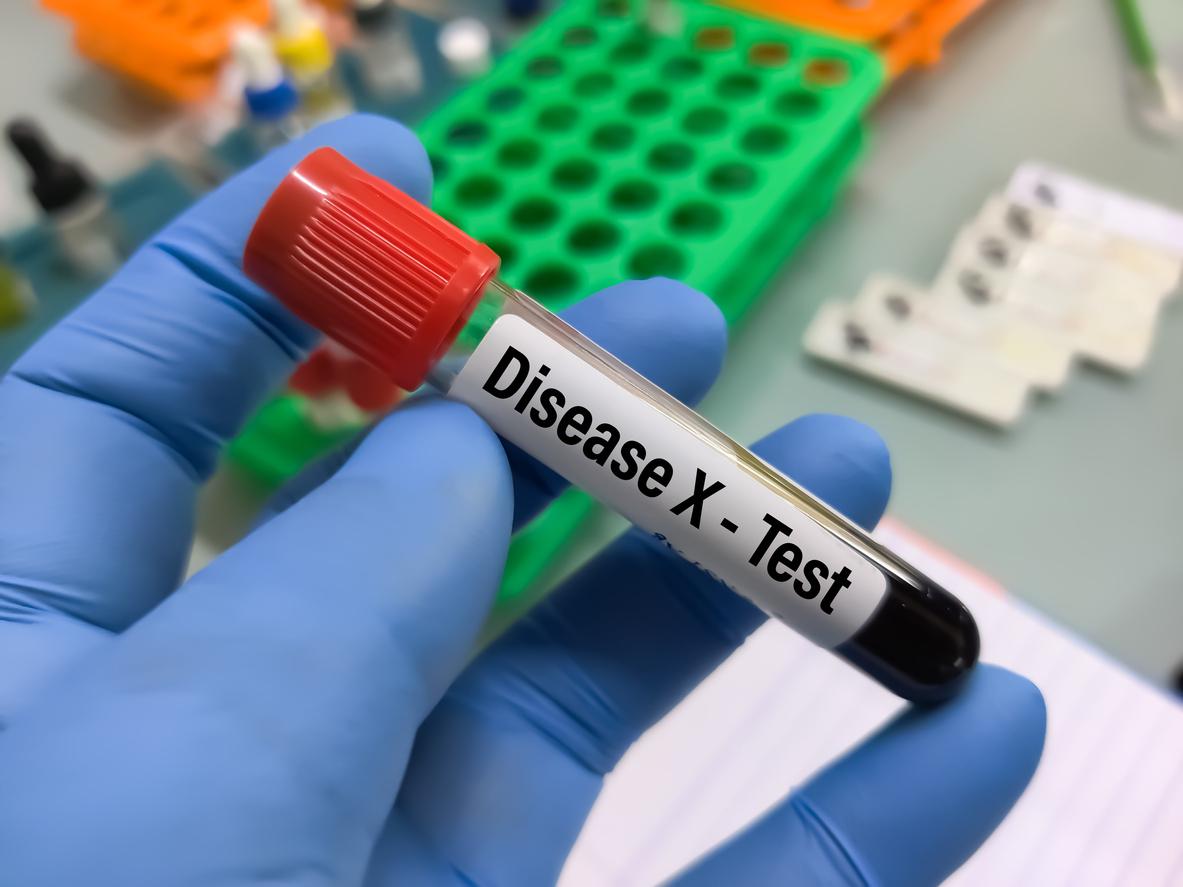Stone Man’s Disease, also known as Progressive Ossifying Fibrodysplasia (PFO) is a rare genetic disorder that affects one in two million people worldwide. This disease causes muscles, tendons, ligaments and other soft tissues to ossify until they attach to the bones.
This tissue ossification usually starts in the neck and shoulders, before moving down to the body and limbs. Patients are unable to fully open their mouths, making it difficult to speak and eat. They may also have trouble breathing properly due to the excessive bone growth around the rib cage. And as the joints merge, they become less and less mobile.
This deadly disorder appears to be caused by mutations in a gene called ACVR1 that controls bone and muscle development. When this gene is exposed to a protein called Activin A, it begins to over-function, without being able to stop.
It was from this knowledge that researchers at the US-based biopharmaceutical company Regeneron Pharmaceuticals developed an antibody that blocks activin A and prevents the gene from functioning. Their antibody successfully stopped bone formation in lab mice that had been genetically engineered to carry the stone man disease mutation.
This discovery was greeted with enthusiasm by the Association of patients with stone man disease in the United States (285 patients are listed for 800 cases worldwide) because it could pave the way for treatment. For the moment, the only existing treatment is a steroid which makes it possible to limit inflammatory pain. Surgery is also not possible because cutting bone growths only accelerates inflammation and the production of other bone tissue.
Read also :
Genetic hope for leukodystrophy victims
Genetic disease: a couple wrongly accused of mistreatment
















